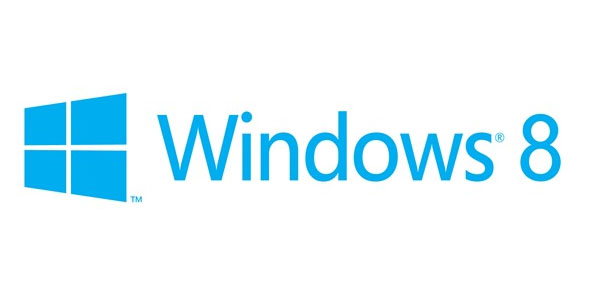News
 AMD has some sun in its future after a very disappointing quarterly announcement. It seems that Trinity and Brazos 2.0 are already in the channel which means we should see products with these two APUs in them very soon (as soon as May 15th by some reports). AMD’s APUs have been a solid seller for AMD while many of their more regular desktop CPUs are left on the shelves. We covered some of the new features in Trinity while we were at CES this year and we can say that for a low power processor they have some pretty solid performance.
AMD has some sun in its future after a very disappointing quarterly announcement. It seems that Trinity and Brazos 2.0 are already in the channel which means we should see products with these two APUs in them very soon (as soon as May 15th by some reports). AMD’s APUs have been a solid seller for AMD while many of their more regular desktop CPUs are left on the shelves. We covered some of the new features in Trinity while we were at CES this year and we can say that for a low power processor they have some pretty solid performance.
- Details
- By Sean Kalinich
- Hits: 2618

We have had quite a bit on Microsoft’s next operating system here on the site including gaming performance, Internet Explorer 10 and the Metro UI (which we still do not particularly like). After tinkering around with Windows 8 and seeing the potential underneath we do get that even if Windows 8 is not a blockbuster it will change the way that the tablet market works forever.
- Details
- By Sean Kalinich
- Hits: 4193
 Just when you thought it was safe to go back in the patent waters Samsung and Apple are back at it again. This is only days after the two company’s CEOs have agreed to sit down to try and work things out. We would love to be present for that meeting though. Still it does not look like these two mobile giants will be getting along anytime soon. What makes the situation even more interesting is that Samsung is a major supplier of parts for many of Apple’s products (and helped to make the SoC that is inside Apple’s iDevices).
Just when you thought it was safe to go back in the patent waters Samsung and Apple are back at it again. This is only days after the two company’s CEOs have agreed to sit down to try and work things out. We would love to be present for that meeting though. Still it does not look like these two mobile giants will be getting along anytime soon. What makes the situation even more interesting is that Samsung is a major supplier of parts for many of Apple’s products (and helped to make the SoC that is inside Apple’s iDevices).
- Details
- By Sean Kalinich
- Hits: 2321
Read more: Samsung Repsonds to Apple's Patent Lawsuit with...
 Once upon a time Apple’s CEO and PR department constructed a mythology around the computers and devices that they sold. This mythology was needed to compete in the market and at the time was very good for business (even if it was less than honest). The mythology in question was that Apple products were somehow manufactured differently (or better) and that they were unable to become infected with malicious code that we all have come to know and loathe; the computer virus.
Once upon a time Apple’s CEO and PR department constructed a mythology around the computers and devices that they sold. This mythology was needed to compete in the market and at the time was very good for business (even if it was less than honest). The mythology in question was that Apple products were somehow manufactured differently (or better) and that they were unable to become infected with malicious code that we all have come to know and loathe; the computer virus.
- Details
- By Sean Kalinich
- Hits: 2744
Read more: Second Java-Based Trojan Found in the Wild; Meet...
 A recent decision in an appeals court could have disastrous effects on Intellectual Property rights holders in the US and possibly around the globe. Not all that long ago a software developer grabbed a chunk of code from Goldman Sachs as he was on his way out of the door. The code related to a high=speed trading application that Goldman Sachs uses for business. The firm immediately went after the programmer (Sergey Aleynikov) and he was convicted under the National Stolen Property Act.
A recent decision in an appeals court could have disastrous effects on Intellectual Property rights holders in the US and possibly around the globe. Not all that long ago a software developer grabbed a chunk of code from Goldman Sachs as he was on his way out of the door. The code related to a high=speed trading application that Goldman Sachs uses for business. The firm immediately went after the programmer (Sergey Aleynikov) and he was convicted under the National Stolen Property Act.
- Details
- By Sean Kalinich
- Hits: 3178
More Articles …
- How About An ISP That Actually Values Your Data and Privacy. Meet The Caylx Institute
- Toshiba Delivers a 13.3-inch Tablet in the Excite 13, Looks Ready Made for Windows 8
- Sins of a Solar Empire: Rebellion Goes up for Pre-Sale Today!
- Apple Finally Releases a Patch for the Flashback Trojan After 600,000 Macs are Infected
Page 526 of 570



